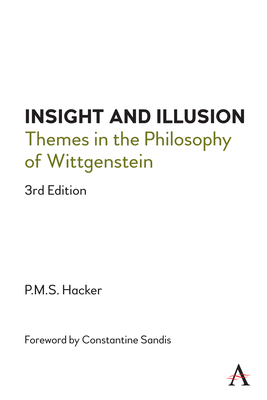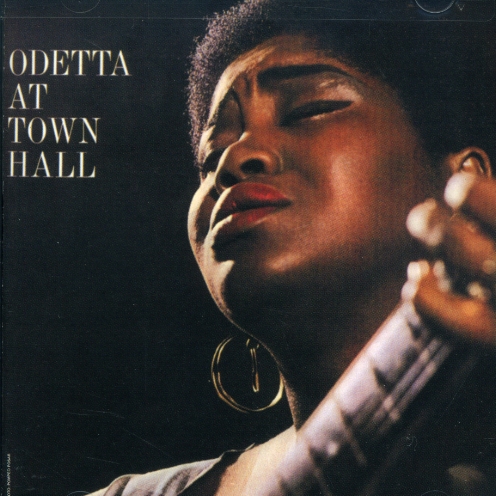
description
of the great figures of early modern Europe, and one of the least understood. Ingrid D. Rowland's biography establishes him once and for all as a peer of Erasmus, Shakespeare, and Galileo-a thinker whose vision of the world prefigures ours. Writing with great verve and erudition, Rowland traces Bruno's wanderings through a sixteenth-century Europe where every certainty of religion and philosophy has been called into question, and reveals how he valiantly defended his ideas to the very end, when he was burned at the stake as a heretic on Rome's Campo de' Fiori.
"A loving and thoughtful account of [Bruno's] life and thought, satires and sonnets, dialogues and lesson plans, vagabond days and star-spangled nights. . . . Ingrid D. Rowland has her reasons for preferring Bruno to Copernicus, Tycho Brahe, Johannes Kepler, even Galileo and Leonardo, and they're good ones."-John Leonard, Harper's "Whatever else Bruno was, he was wild-minded and extreme, and Rowland communicates this, together with a sense of the excitement that his ideas gave him. . . . It's that feeling for the explosiveness of the period, and [Rowland's] admiration of Bruno for participating in it-indeed, dying for it-that is the central and most cherishable quality of the biography."-Joan Acocella, New Yorker "Rowland tells this great story in moving, vivid prose, concentrating as much on Bruno's thought as on his life. . . . His restless mind, as she makes clear, not only explored but transformed the heavens."-Anthony Grafton, New York Review of Books "[Bruno] seems to have been an unclassifiable mixture of foul-mouthed Neapolitan mountebank, loquacious poet, religious reformer, scholastic philosopher, and slightly wacky astronomer."-Anthony Gottlieb, New York Times Book Review "A marvelous feat of scholarship. . . . This is intellectual biography at its best."-Peter N. Miller, New Republic "An excellent starting point for anyone who wants to rediscover the historical figure concealed beneath the cowl on Campo de' Fiori."-Paula Findlen, Nation
"A loving and thoughtful account of [Bruno's] life and thought, satires and sonnets, dialogues and lesson plans, vagabond days and star-spangled nights. . . . Ingrid D. Rowland has her reasons for preferring Bruno to Copernicus, Tycho Brahe, Johannes Kepler, even Galileo and Leonardo, and they're good ones."-John Leonard, Harper's "Whatever else Bruno was, he was wild-minded and extreme, and Rowland communicates this, together with a sense of the excitement that his ideas gave him. . . . It's that feeling for the explosiveness of the period, and [Rowland's] admiration of Bruno for participating in it-indeed, dying for it-that is the central and most cherishable quality of the biography."-Joan Acocella, New Yorker "Rowland tells this great story in moving, vivid prose, concentrating as much on Bruno's thought as on his life. . . . His restless mind, as she makes clear, not only explored but transformed the heavens."-Anthony Grafton, New York Review of Books "[Bruno] seems to have been an unclassifiable mixture of foul-mouthed Neapolitan mountebank, loquacious poet, religious reformer, scholastic philosopher, and slightly wacky astronomer."-Anthony Gottlieb, New York Times Book Review "A marvelous feat of scholarship. . . . This is intellectual biography at its best."-Peter N. Miller, New Republic "An excellent starting point for anyone who wants to rediscover the historical figure concealed beneath the cowl on Campo de' Fiori."-Paula Findlen, Nation
member goods
No member items were found under this heading.
notems store
listens & views

CONCERTOS FOR 2 VIOLINS & ...
by SKALKOTTAS / PAPANAS / DEMERTZIS / CHRISTOPOULOS
COMPACT DISC$19.99
Return Policy
All sales are final
Shipping
No special shipping considerations available.
Shipping fees determined at checkout.






